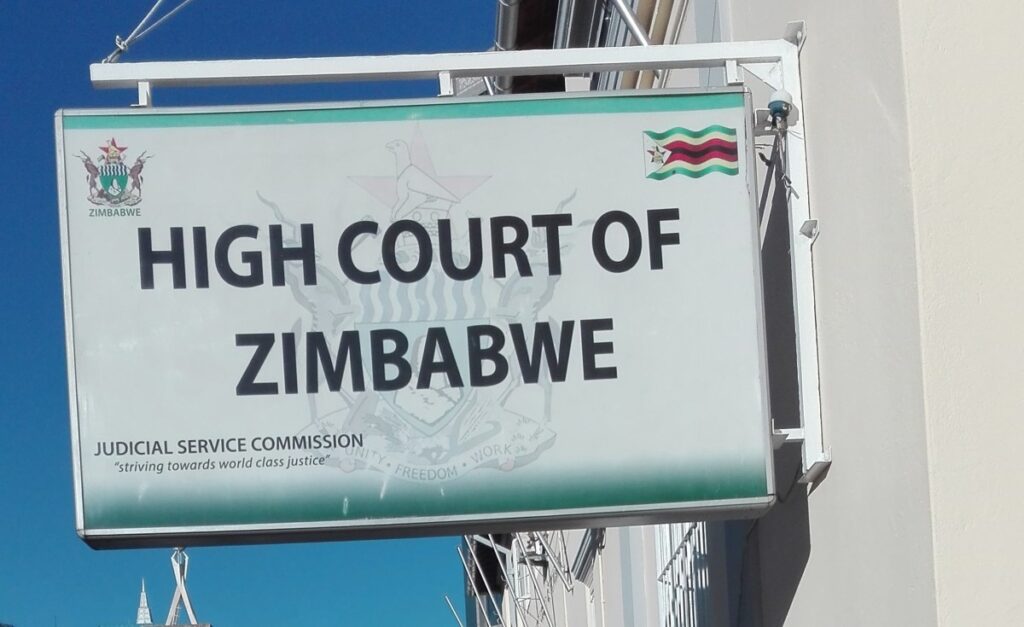The Zimbabwe High Court has ruled that section 8(1) of the Immigration Act, which allowed immigration officers to detain foreign nationals suspected of crimes for up to 14 days without judicial oversight, is unconstitutional.
In a judgment delivered on November 12, 2024, Justice Christopher Dube-Banda found that section 8(1) violated section 50(2)(b) of the Zimbabwean Constitution, which guarantees the right to be brought before a court within 48 hours of detention. The ruling stressed that the provision infringed on fundamental human rights, including the right to liberty, dignity, and freedom from arbitrary detention.
The case was brought to court by Tatenda Chakabva, a Harare resident, with the assistance of the Zimbabwe Lawyers for Human Rights (ZLHR). Chakabva argued that the provision allowed for arbitrary detention, which undermined both constitutional rights and Zimbabwe’s obligations under international human rights treaties, such as the African Charter on Human and Peoples’ Rights and the International Covenant on Civil and Political Rights.
Chakabva filed the application on May 28, 2024, seeking to have the law declared inconsistent with the Constitution. He argued that the provision, which enabled immigration officers to hold individuals for up to 14 days without judicial review, violated the constitutional requirement to bring any detainee before a court within 48 hours of arrest.
The Chief Immigration Officer opposed the case, arguing that the provision was crucial in addressing transnational crimes like terrorism and human trafficking, which justified the extended detention period without judicial oversight.
Justice Dube-Banda disagreed, asserting that judicial review is essential to safeguard the rights of detainees and ensure that their continued detention is lawful. He ruled that detention without judicial oversight is unlawful and undermines the rule of law. This decision aligns with regional and international legal standards, which demand prompt judicial review of detentions.
The ruling is a significant affirmation of the importance of judicial oversight in protecting individual freedoms and human rights. The decision will be subject to confirmation by Zimbabwe’s Constitutional Court.
ALSO READ ; Zimbabwe Loses $24 Million Annually Due to Unpaid Vehicle Licenses and Toll Fees
